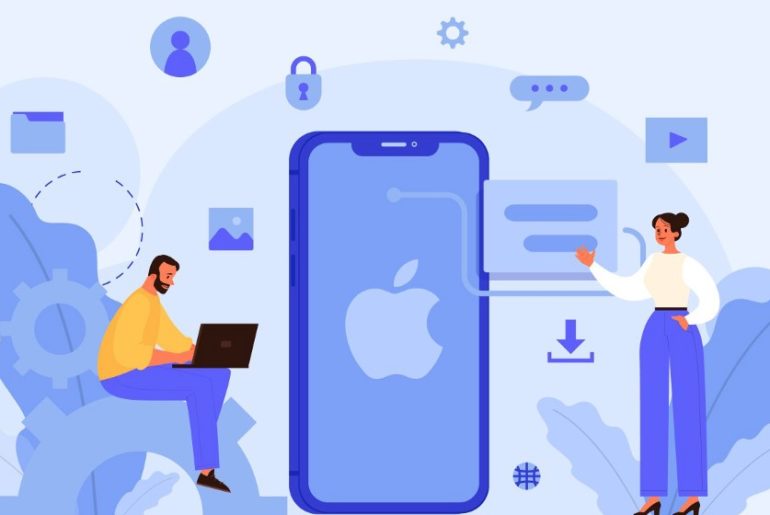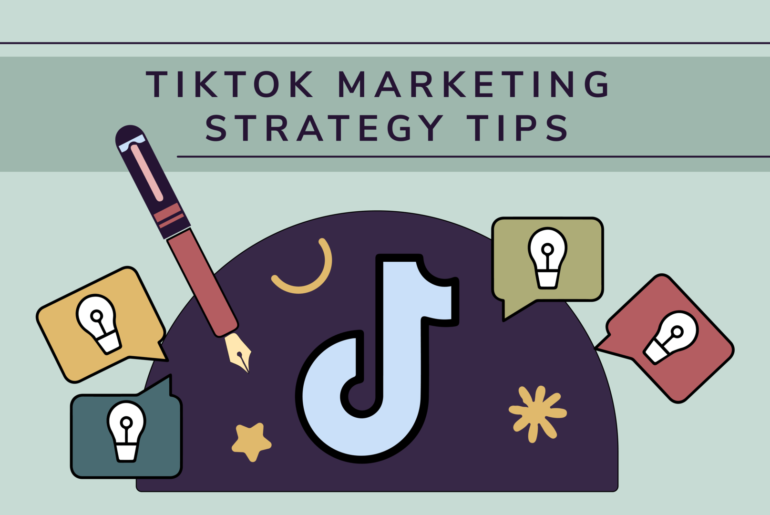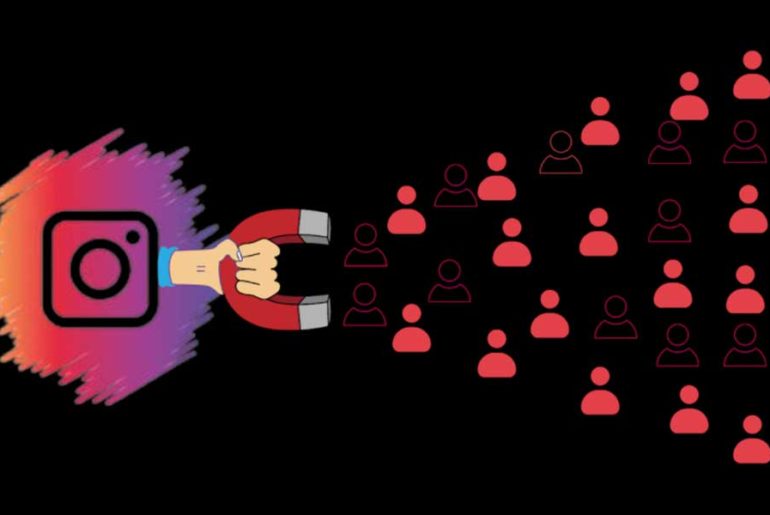What comes to your mind when you hear the term “Artificial Intelligence?”
Does your mind immediately conjure up images from that last sci-fi thriller you watched this weekend? While the concept of Artificial Intelligence (AI) is every bit as cool and awe-inspiring as shown in movies, you might be surprised to know that you can use it for your business as well. Sounds too good to be true? Read ahead to find out what the hype is all about.
What is AI in Business?
A wide range of technologies falls under the domain of AI, some of which are machine learning and deep learning, as well as natural language processing and computer vision. Machine learning is the most common and easily understood branch of AI. Machine learning algorithms are designed to improve iteratively and be able to predict results accurately. Your Netflix recommendations are a result of this!
AI technologies, combined with precise data, analytics, and computerization, can empower organizations and help them to realize their strategic goals in ways that may have been unthinkable in the previous years.
However, it makes more sense for companies to look at AI in terms of business opportunities rather than in terms of technology. In general, AI can meet three key business needs: automating business processes, gaining insights through data analytics, and interacting with customers and employees.
Is it possible to use AI in your Business?
AI technologies have the potential to be used in many different applications across all industries and departments including sales, human resources, operations, manufacturing, and even marketing. While the possibilities are endless, the main ingredient to getting this cocktail started is your internet.
There are many Internet Service Providers (ISP) in the market, who are catering to business enterprises. To get the optimal fit for your enterprise, you can look into the leading ISPs such as Cox Internet, which have specialized services for businesses. Cox, through its authorized retailers, provides its customers with reliable and secure internet connections. These are particularly economical for small to medium enterprises and have a vast array of plans and packages. Applications that use the internet are always susceptible to hacking, power outages, information distortion, and much more, however, a sturdy internet connection can minimize these risks for you.
Now that your basecamp is set, you may be wondering how you can practically incorporate AI into your business setup. There are a few basic things that you can implement to ease your company into the world of AI:
Cognitive engagement
Cognitive engagement requires scrutiny and understanding of customers. Companies must develop engagement strategies to match individual preferences and expectations. Nevertheless, internal teams flounder to scale that power, even with progressive analytics. That is why companies are processing huge amounts of consumer data with the help of AI.
AI is driving the next best action for individual customers at an unparalleled level, meaning customers can enjoy a personalized experience designed for them. Cognitive engagement results can be utilized for developing insights, which are then translated into departmental and individual strategies and goals.
Cognitive insight in sales
Several enterprises are already making use of cognitive technologies to gain insights that can help moderate costs, boost efficiency, raise revenue and efficiency, or improve customer service. A popular example is Intel which uses machine learning to improve sales performance and increase revenue.
One approach is to use a predictable algorithm to mechanically categorize customers who may have similar needs or buying patterns. The results can be used to prioritize sales and set up campaigns. However, to implement cognitive technologies, a little work is required to set the foundation:
- Develop a process map of your company and marketing system to identify workflows where it can be applied, e.g. documentation review, recognizing buying patterns, etc.
- Review workflow model to identify employee roles and review where skill and training will be needed
- Analyze data sets to discover those that may have been under-analyzed
- Do a market analysis to identify opportunities where there is room for improvement and value addition
- Prioritize value-adding and growth-inducing opportunities when reviewing potential investments in cognitive technologies and not just focus on cutting costs.
Customer relationship management
A Customer Relationship Management (CRM) system allows companies to track and analyze their interactions with customers, suppliers, as well as employees. The goal is to improve sales performance and profitability by building on and maintaining these business relationships.
Companies today are looking for the best CRM software with AI features. CRM systems are dominant data collection tools that help organizations better capture, store, manage, and consolidate connections. Better management and automated customer contact foster long-term customer relationships.
One example of this AI application in CRM is when the number of leads generated is greater; it becomes difficult to manage them all. However, every missed opportunity is a lost deal. You cannot ignore potential customers, especially competent ones. When we combine AI and CRM technology, we get a powerful source of lead generation. This duo allows us to increase revenue, without sacrificing the quality of engagement and is changing the way we acquire, and track leads.
Workforce management
AI has already revolutionized the HR industry, helping organizations optimize performance in areas such as productivity, cost, and satisfaction. Today, smart HR software can automatically generate schedules and workflows based on company needs and employee desires. Moreover, this trend will only grow and improve with time. Facial recognition and clocking in is one aspect of workforce management that can incorporate AI.
With the aid of this feature, AI matches images of staff with the images you have on your employee profiles and notifies the manager if there is less than a 90% chance that they are the same person. Health Gadgets and clocking in software can also be associated with badges, and rewards for goals such as “most tasks completed in a week” can be designated.
ERP/SAP
AI and Systems Applications and Products in data processing (SAP) ERP technologies have played an important role in streamlining and restructuring the operations of many modern corporations. Despite the significance of these technologies for both start-ups and large companies, not everyone is fully aware of the benefits that AI and SAP can bring to their business.
Perhaps the most remarkable and now common, way AI is complementing SAP applications is in the form of conversational AI. With SAP Conversational AI, you can direct, build, link, and manage conversational interfaces, also called chatbots, to guide users to the appropriate content, answer frequently asked questions, and automate mundane tasks.
Individually these applications are useful tools in their own right. However, the integration of SAP AI and machine learning algorithms makes it almost crucial for businesses looking to optimize their operations. As data, gets complex and larger in an amount over the years, AI and SAP technologies can only be improved and scaled alongside digital business transformations.









